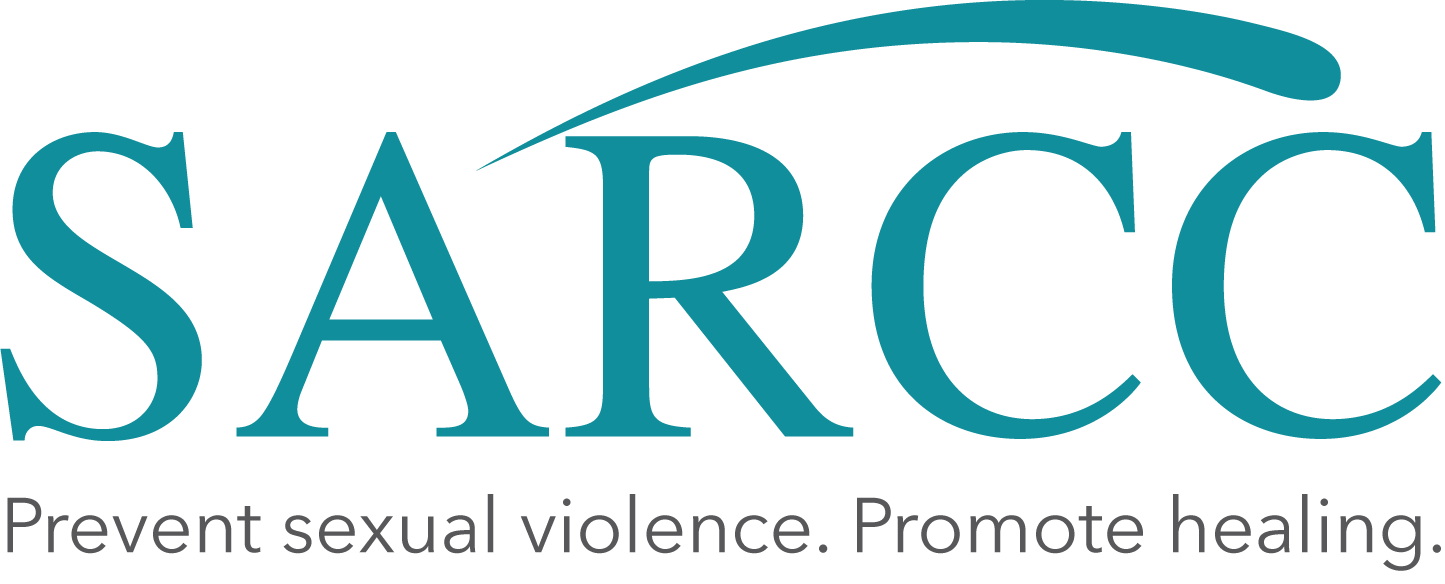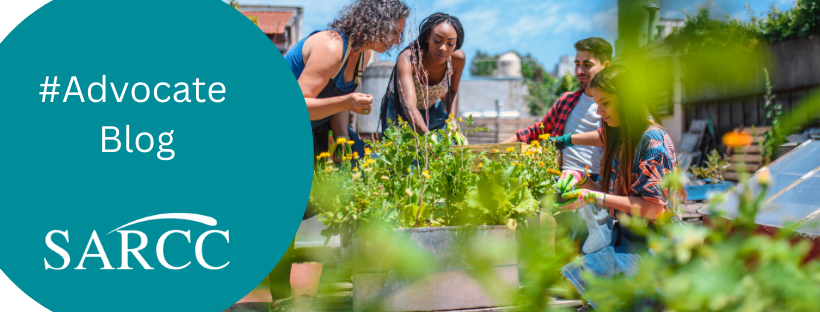Blog authored by SARCC Advocate Tatianna Garcia.
Every year, the United Nations Office on Drug and Crime (UNODC) releases a Global Report on Trafficking in Persons, and as we approach World Day Against Trafficking in Persons, the 2024 Report gives us a startling reminder of why we need to be paying attention. This year’s theme is “Human Trafficking is Organized Crime—End the Exploitation”, and there is a focus on getting the message out to members of the criminal justice systems that investigate, prosecute and convict traffickers.
The Global Report on Trafficking in Persons 2024 begins with laying out seven (7) key points of interest (pages 8-9):
- The number of victims of trafficking detected globally is on the rise again after falling back during the COVID-19 Pandemic.
2022 saw the highest number of detected trafficking cases since cases sharpy decreased in 2020 due to the pandemic. (see charts on page 10-11)
- Child victims are increasingly detected globally with distinct patterns emerging for boys and girls.
While trafficking does not discriminate, global trends suggest that boys are more likely to be forced or coerced into labor trafficking while girls are still at highest risk for trafficking for sexual exploitation. Additionally, increased numbers of children unaccompanied or separated at borders in North America and Europe play into the growing number of child victims. (see charts on page 12)
- Trafficking for forced labor is on the rise, but the criminal justice response is lagging behind.
The majority of convictions globally are related to sexual exploitation. In 2022, just 17% of global convictions were in relation to forced labor, and these cases take approximately a year longer to conclude than sexual exploitation. (page 14)
- Woman and girls continue to make up the majority of victims detected worldwide.
In 2022, 61% of detected trafficking victims were female. Adult females make up 39% of all detected victims. While most female victims are trafficked for sexual exploitation, they are also trafficked in large numbers for forced labor typically in domestic work. (page 15)
- Most trafficking in persons is perpetuated by organized crime groups operating in business or governance types of structures.
Based on 942 court cases analyzed by the UNODC, 74% of the 3,121 traffickers involved in these cases operated in organized groups of some kind. Additionally, women represented 25-30% of those investigated, prosecuted, and convicted of trafficking crimes. (pages 16-17)
- Victims are trafficked globally through an increasing number of international routes, with African victims trafficked to the highest number of destinations.
The UNODC recorded at least 162 different nationalities that were trafficked to 128 different countries of destination. (see page 18)
- Displacement, insecurity, and climate change are exacerbating the vulnerability of Africans to being trafficked.
While African countries have significantly increased their efforts to stop and prevent human trafficking, their criminal justice response tends to target individuals and small groups rather than the forementioned larger organizations of crime. Trafficking trends in Africa also differ from global ones: children in Africa are more often trafficked for forced labor across short distances while trafficking outside of Africa mainly victimizes adults with sexual exploitation. (see page 19)
It is important to remember that despite the global perspective, Human Trafficking happens everywhere, and awareness starts at home. July 30th is rapidly approaching, so here are some things that you can do to learn how to spread awareness of Human Trafficking in your community:
- Talk/Donate to your local Human Trafficking response agency.
There are many agencies in the mix of helping victims of human trafficking and preventing new ones. PCAR-funded Sexual Assault Programs, like SARCC, provide advocacy, counseling, and accompaniment to trafficking victims, and have the benefit of offering confidential privilege to all survivors. Depending on where you are, you may have a local agency like North Star Initiative that provide trauma-informed care and advocacy for survivors. If you don’t find a local agency that specifically focuses on human trafficking, reach out to the sexual assault center in your county to learn how survivors are helped near you.
Now more than ever, community support for these agencies is crucial. Donating is a great way to help your local centers continue to do what they do.
- Ask how YOU can be aware of human trafficking.
From agriculture and construction to restaurant, hospitality, and beauty industries, there is something everyone can do to raise awareness. Ask how you can be on the lookout at your job or in your everyday life.
- If you see something, say something.
If you or someone you know is a victim of human trafficking, there are resources available. Advocates are available at the National Human Trafficking Hotline (NHTH) via phone at 1-888-373-7888, via text at 233733, or chat with them online at humantraffickinghotline.org/chat.
If you believe you may have information about a human trafficking situation, you can contact the NHTH at any of the above options or submit an anonymous tip here: https://humantraffickinghotline.org/en/report-trafficking
Information on how to locate/contact your local sexual assault center can be found here: https://pcar.org/help-pa/locations


